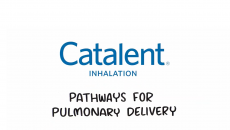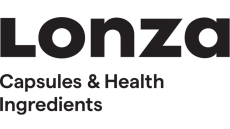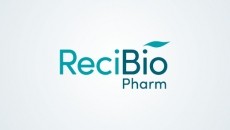Every small molecule helps: Type 1 diabetes vaccine set for trials this year says researcher

The project was announced today by Diabetes UK, which is funding the project with fellow charity JDRF and supermarket group Tesco. The aim is to develop a vaccine that suppresses the part immune system that damages insulin producing cells in diabetes mellitus.
Mark Peakman from King’s College London - who will lead the trials – told in-Pharmatechnologist.com “the idea is to exploit natural immune networks that we know exist by a vaccine approach. The aim is to re-balance the immune system away from the destructive process.”
The approach is similar to that used by AbbVie’s Humira (adalimumab), which treats autoimmune disorders by binding a part of the immune system called tumour necrosis factor alpha (TNF-a) that is involved in damaging inflammatory responses in diseases like rheumatoid arthritis.
But the key difference about the new diabetes vaccine is that it will be a small molecule not an expensive monoclonal antibody (mAb) according to Peakman, who told us the compound will be produced using traditional chemical synthesis methods.
He added that: “Clinical trials are planned to start this year.”
Academics and industry
Finding people to take part in the trial will be the responsibility of Desmond Johnston of Imperial College London who will offer newly diagnosed Type 1 diabetes sufferers the chance to participate.
In addition, Professor Colin Dayan from Cardiff University in Wales will set up a UK-wide network of hospitals that will host studies and provide doctors and researchers with training.
Some of the funds will be used by Tim Tree at King’s College London to set up a lab network to study how immuno-therapies can be used to treat Type 1 diabetes and to predict patient response.
Tesco’s £3.3m ($4.9m) contribution to the project comes from customer and staff donations. The £1m being provided by JDRF – formerly the Juvenile Diabetes Research Foundation – will fund two early phase studies.















